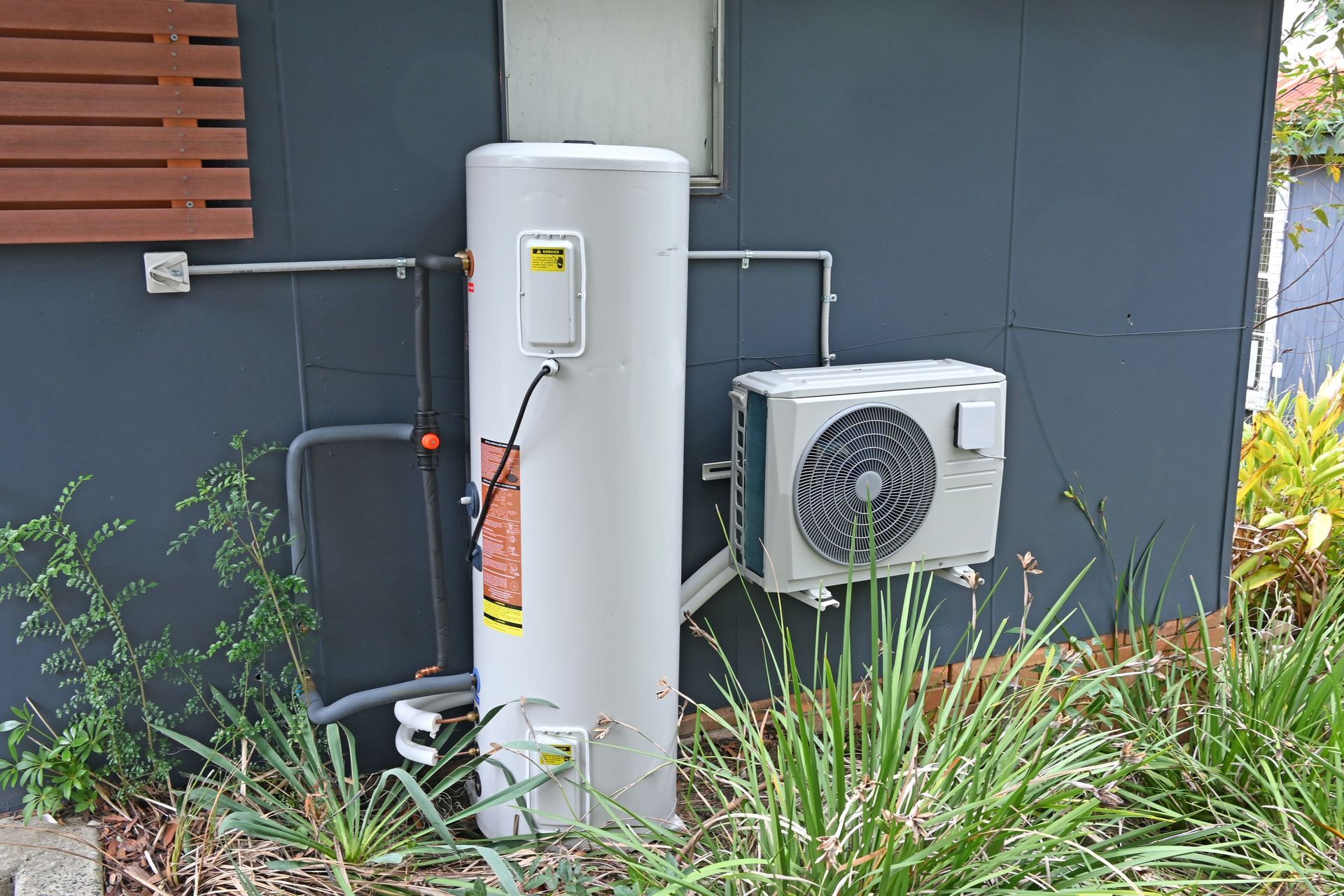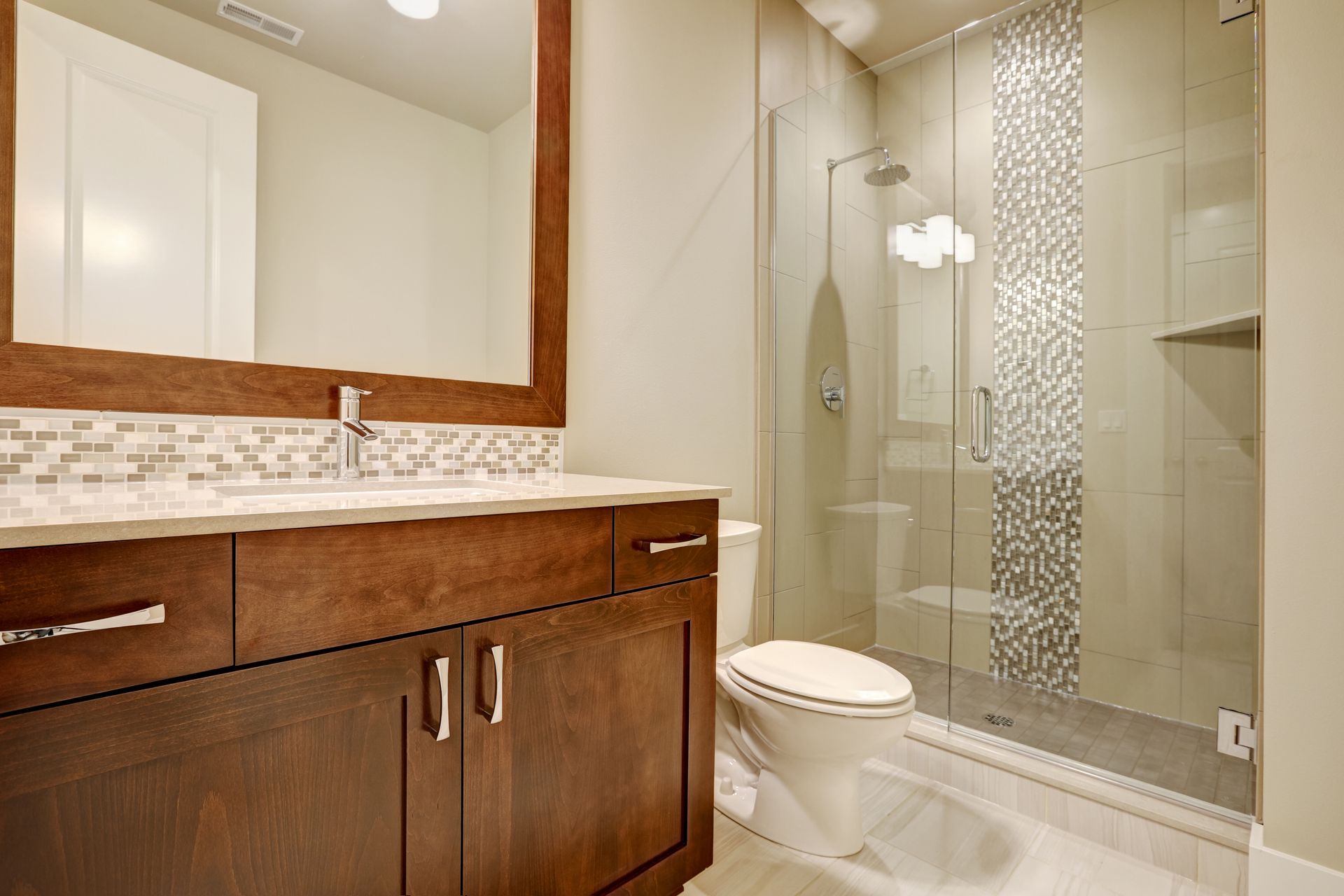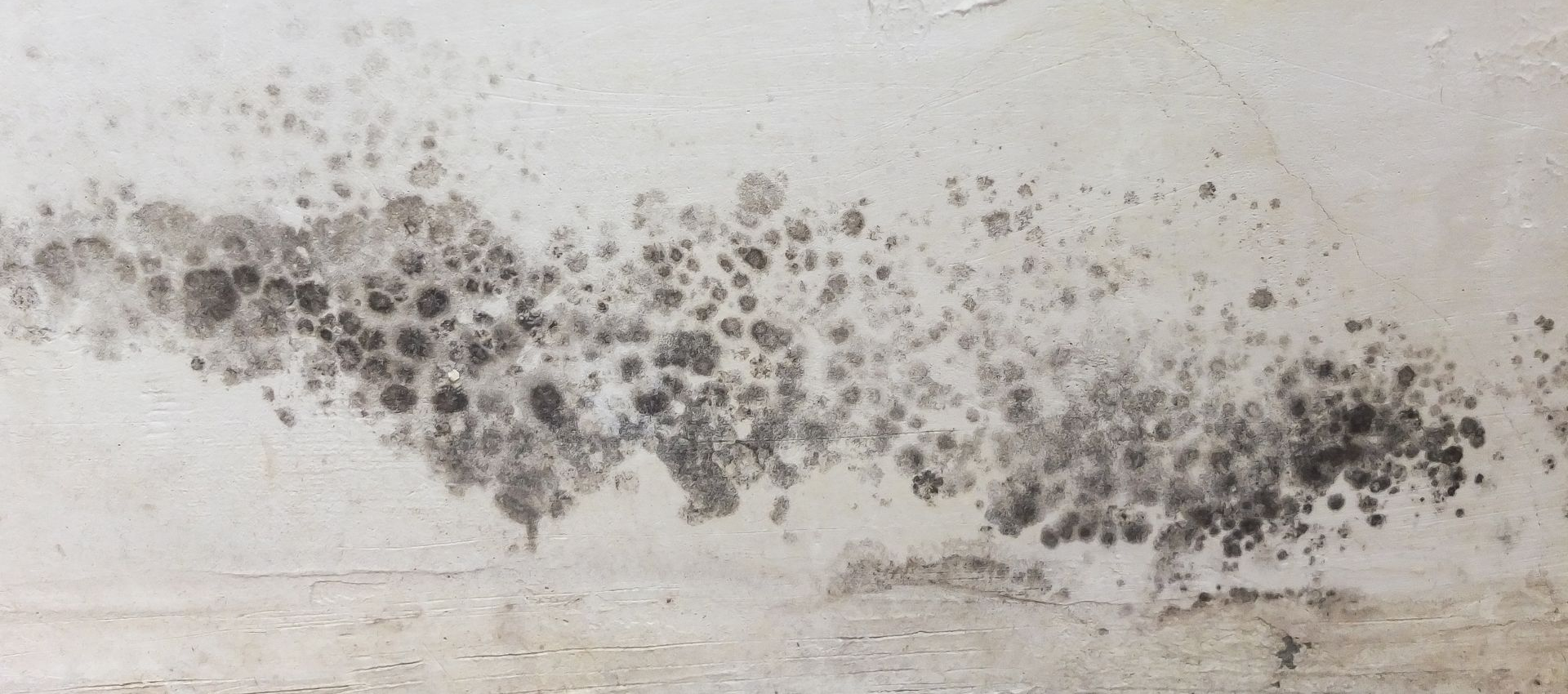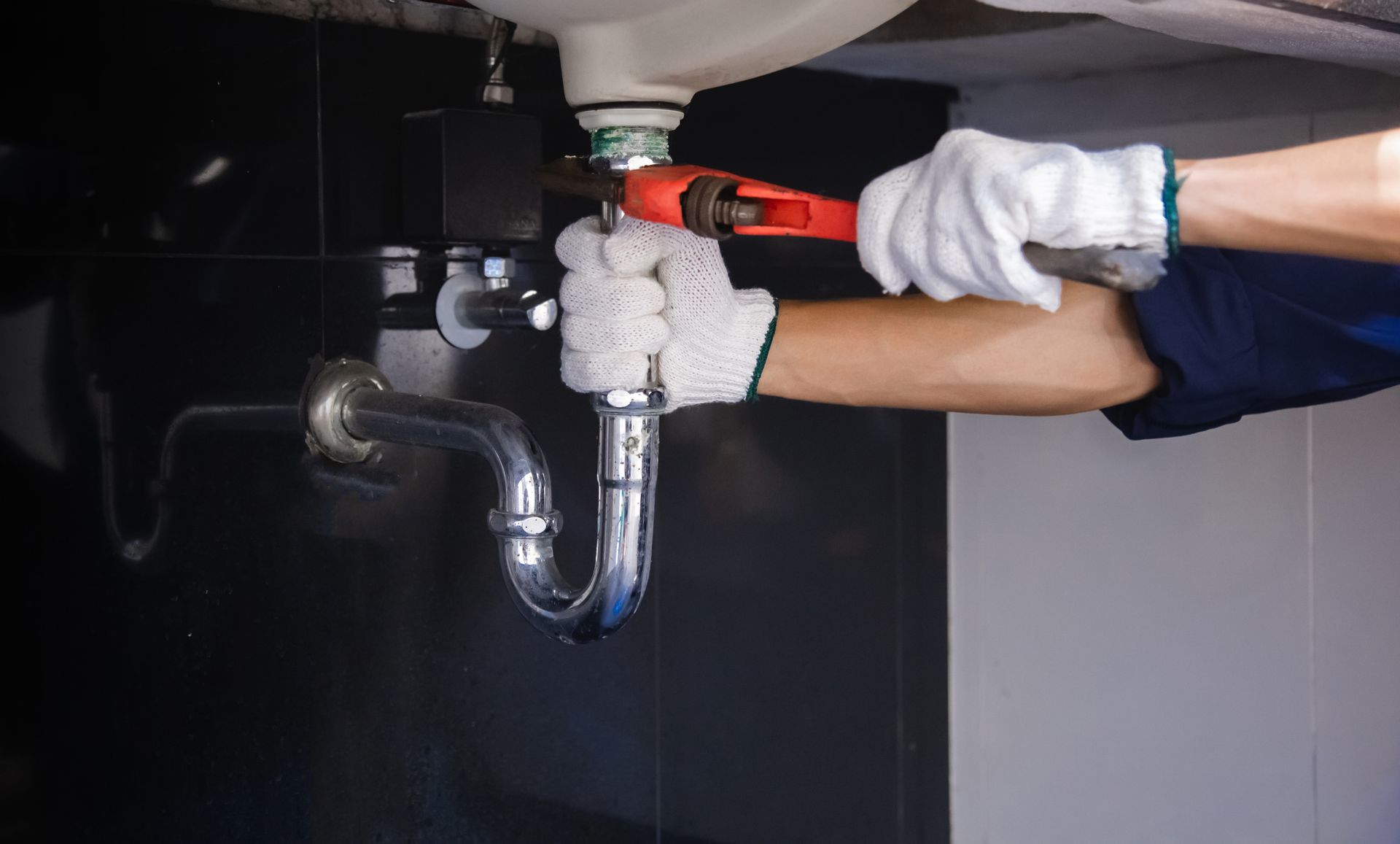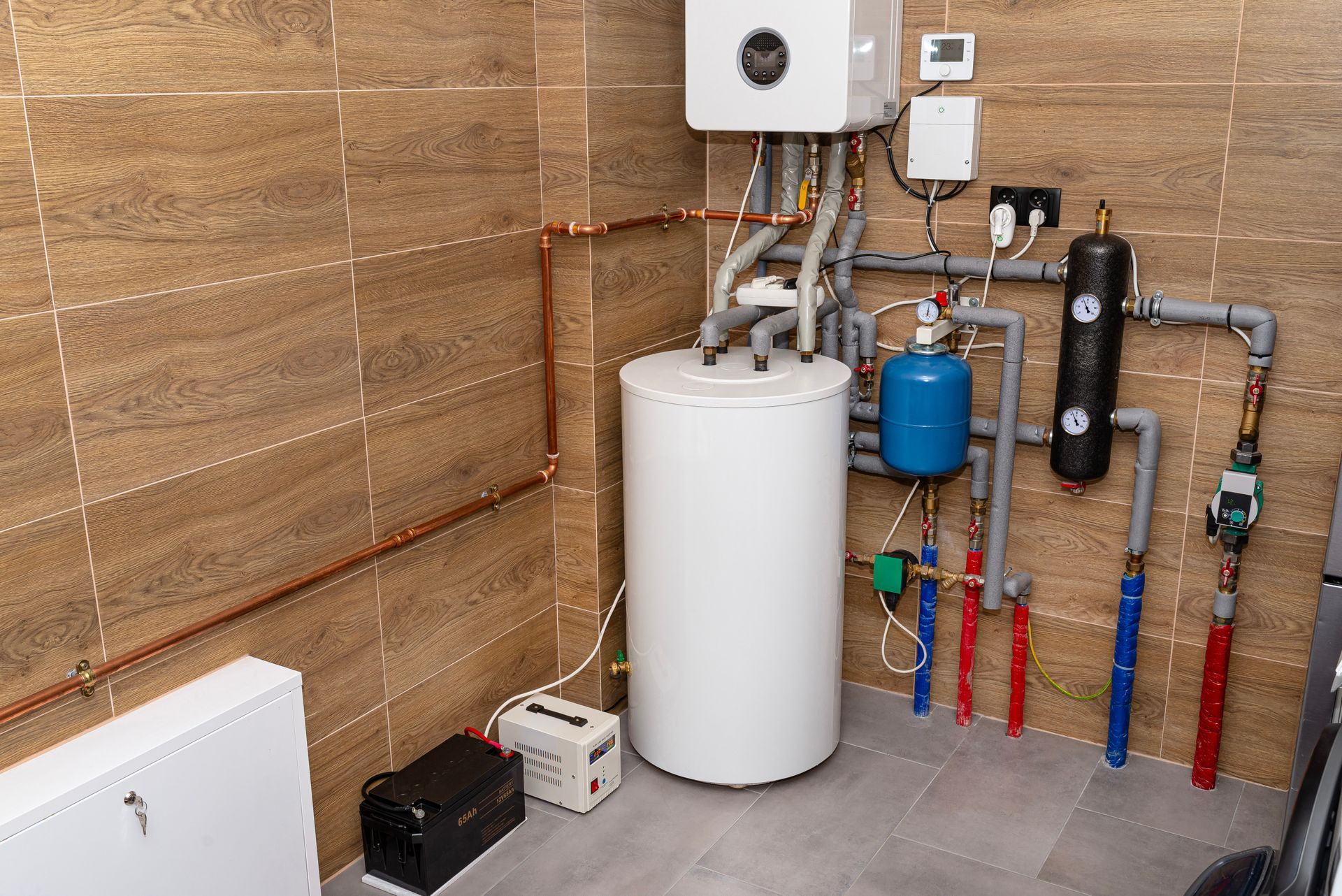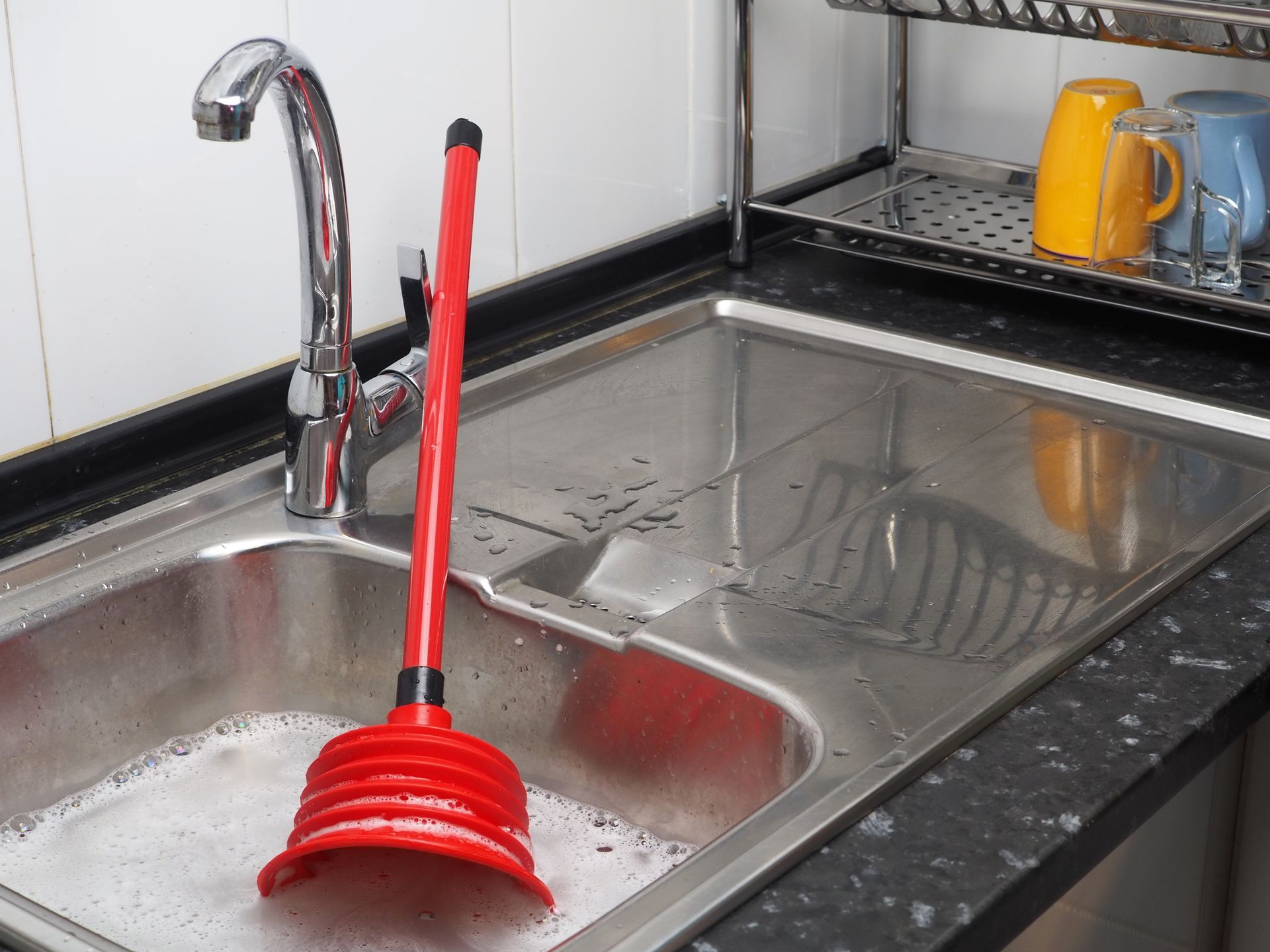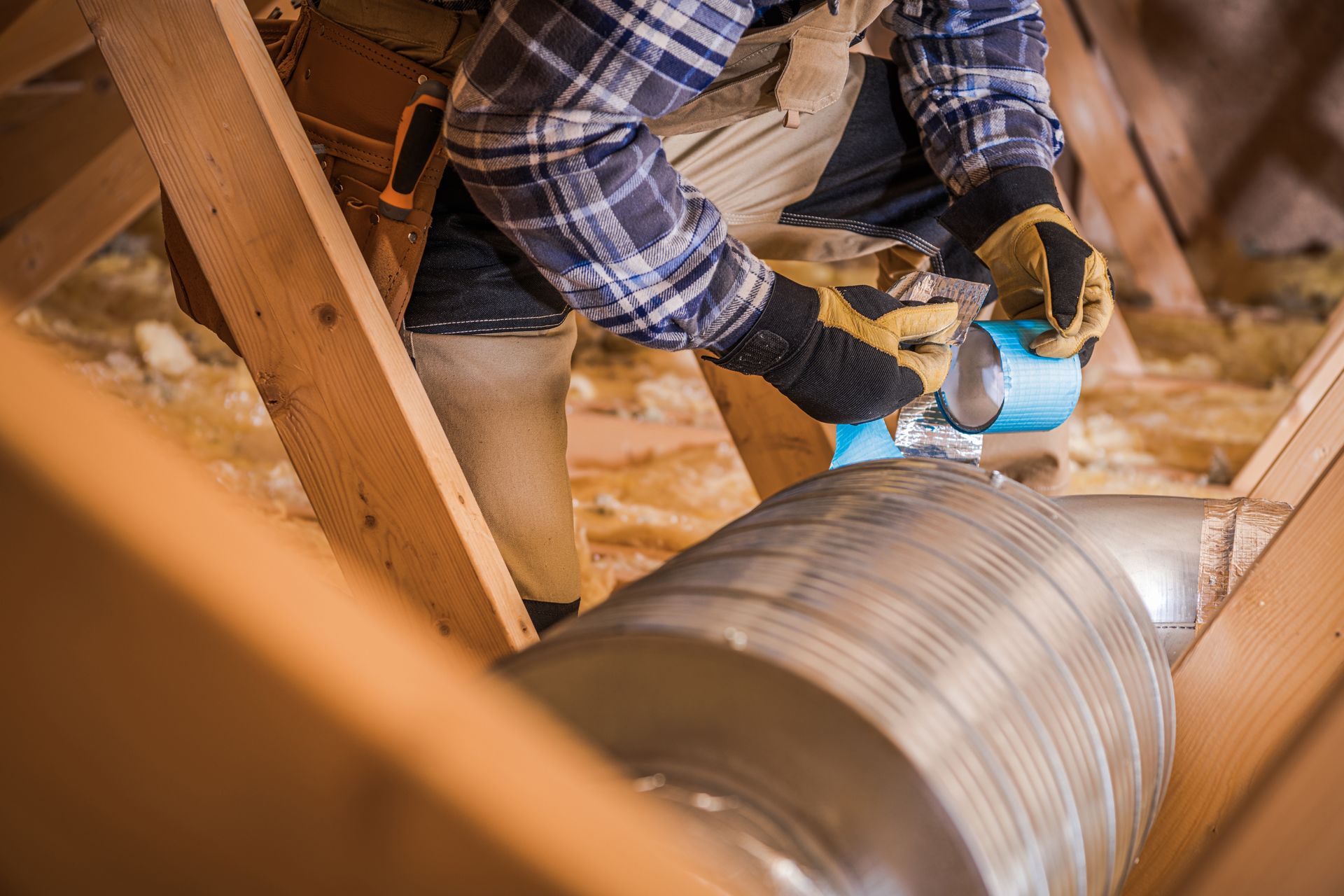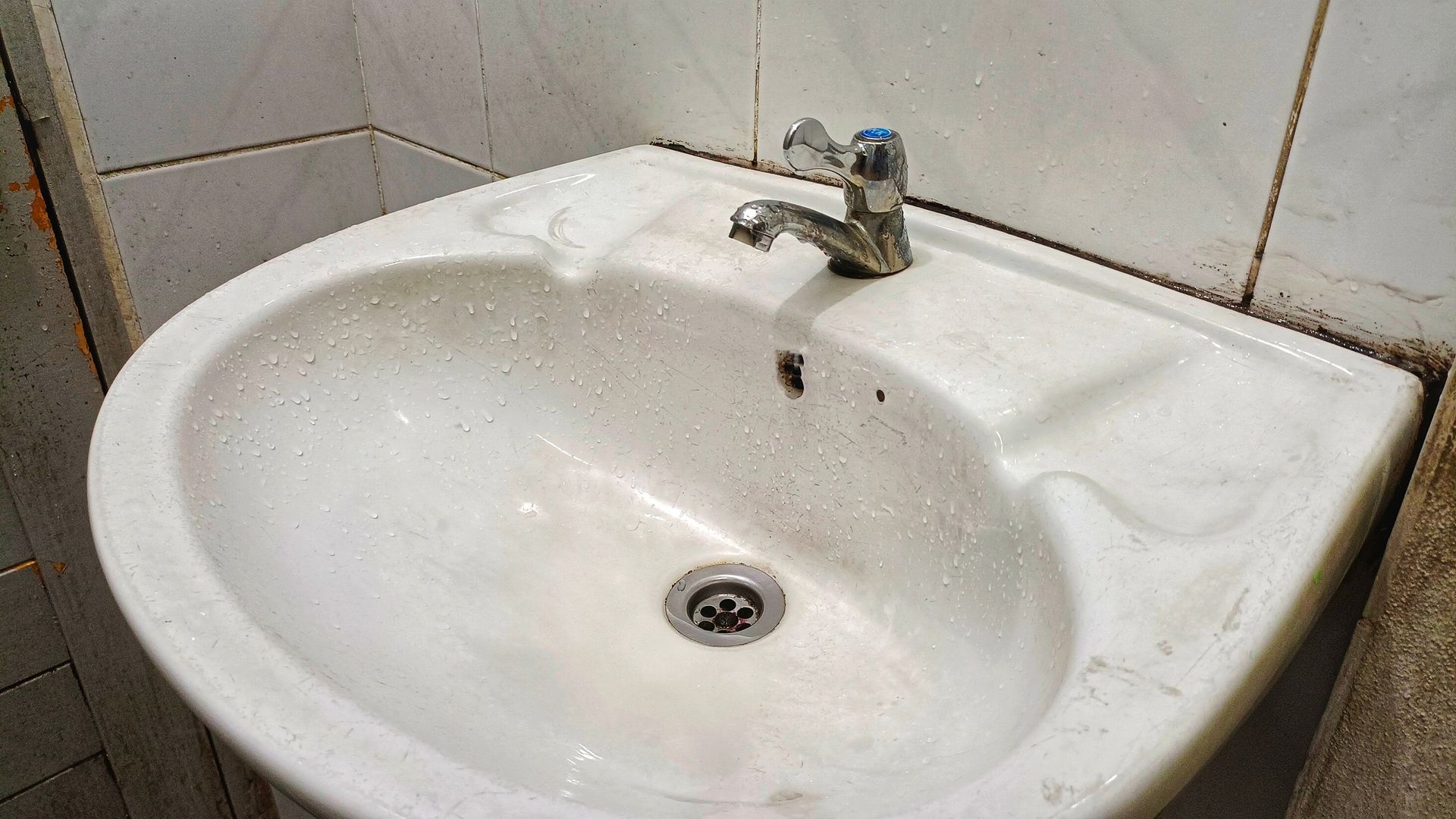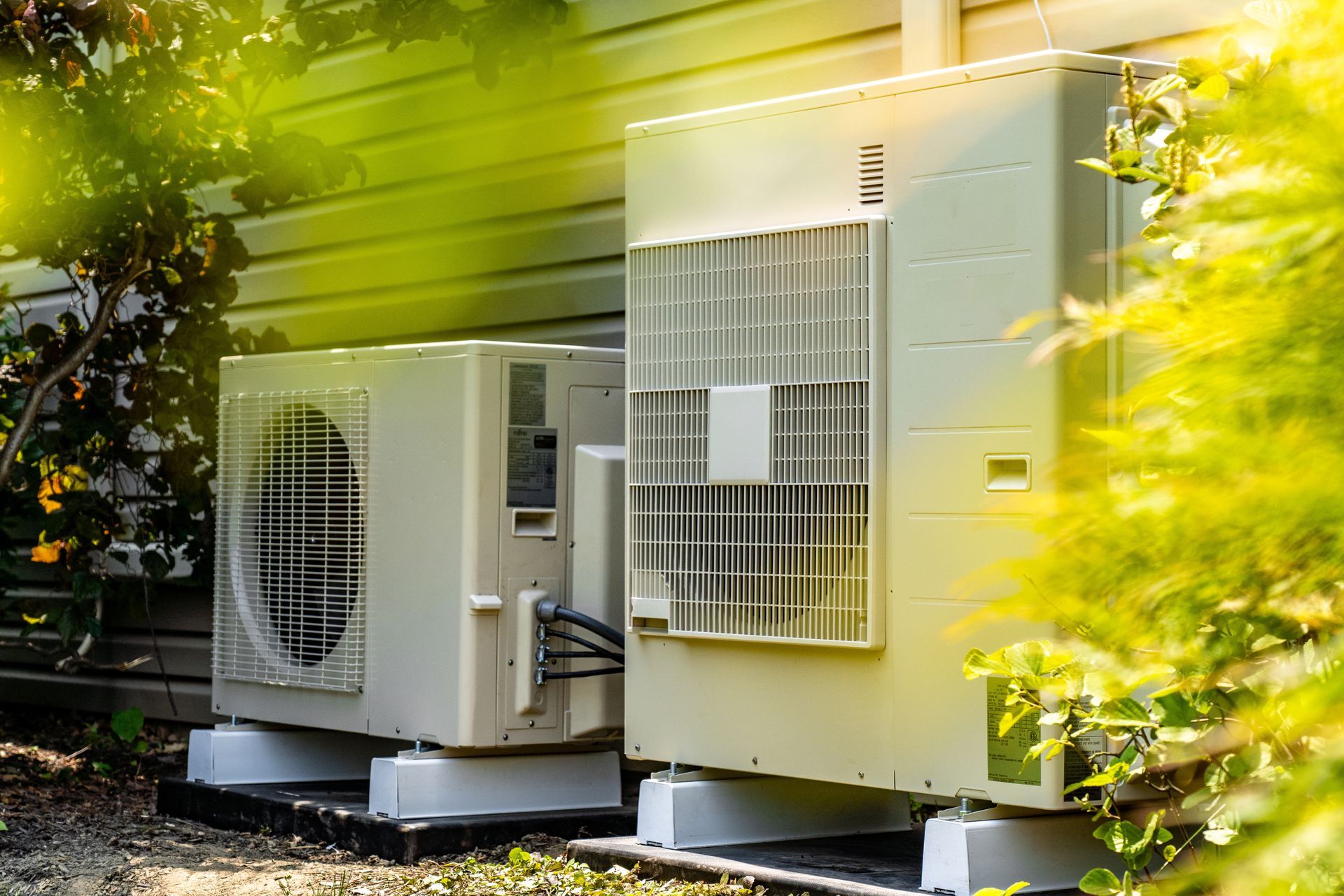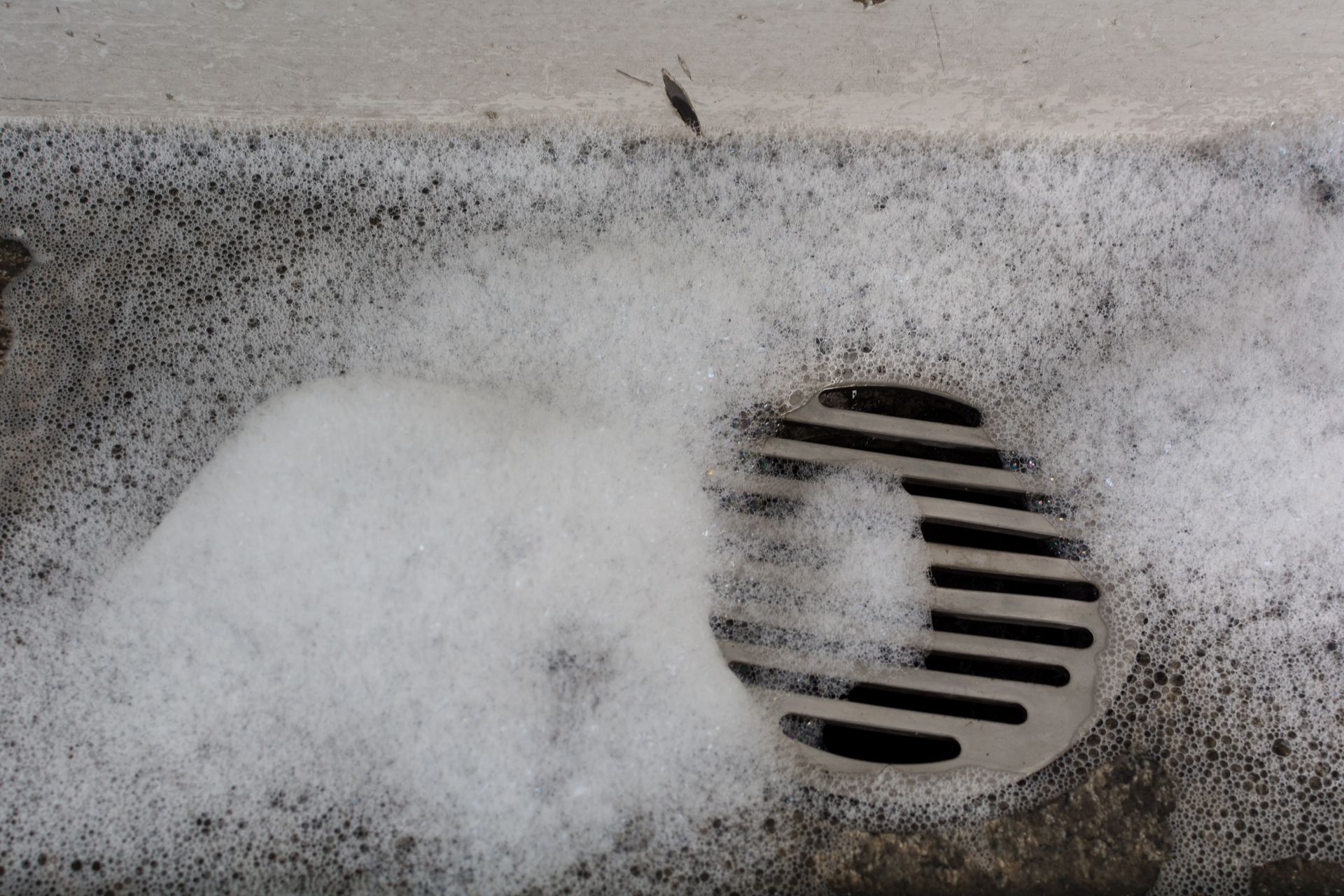5 Ways GA Homeowners Can Protect Their HVAC From High Humidity
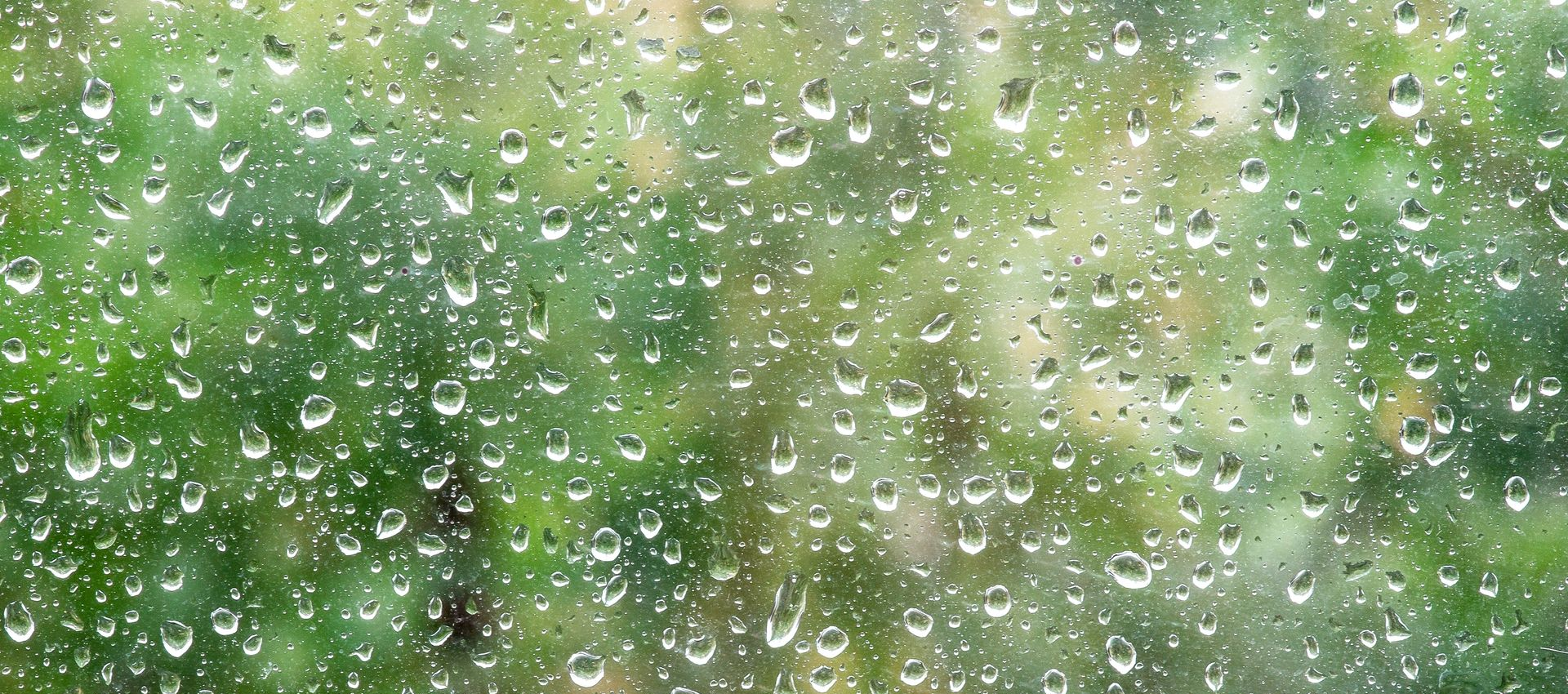
High humidity can take a serious toll on your HVAC system, especially in areas like Middle Georgia, where the air tends to stay damp for much of the year. Excess moisture forces your AC to work harder to keep your home cool, which can reduce efficiency, increase energy costs and shorten the lifespan of your system.
Fortunately, there are five ways that homeowners can take to protect their HVAC systems from the effects of high humidity. Before we take a look at those methods, let’s examine the potential effects that excess moisture can have on your system…
How Does Humidity Impact Your HVAC System?
High humidity levels can force your AC unit to work harder than it should, reducing its efficiency. This happens when normal. To effectively cool your home, your AC must remove the excess moisture and heat from the air. Over time, this can put strain on your system, which can lead to several problems, including:
- Increased energy bills – Less efficient AC units require more energy to keep your home cool, driving up your utility bills.
- Premature wear – Added strain causes your unit’s component to wear out faster, causing unexpected breakdowns and costly repairs.
- Mold growth – Excess moisture can cause mold growth in your AC unit, which can spread to other parts of your home.
Combatting the Effects of Humidity
1. Change Your Filters
When air filters become clogged with dust, dirt and debris, your AC unit has to work harder to push air through, which makes it less effective at pulling humidity out of the air. This can leave your home feeling warm and sticky, even if the system is running. Regularly changing your air filters allows air to move freely through the system, helping your unit run more efficiently.
2. Seal Air Leaks
Air leaks around windows, doors or ductwork can allow humid air to seep into your home, which puts strain on your HVAC system. This added pressure not only reduces efficiency but can also shorten the lifespan of your system over time. By sealing these leaks, you prevent excess moisture from entering your home.
3. Improve Insulation
Similarly, poor insulation lets heat in and moisture into your home. This can cause your system to run longer than necessary, increasing wear and energy use. By improving your home’s insulation, you create a barrier that keeps conditioned air inside and prevents excess humidity from coming in.
4. Use a Dehumidifier
A dehumidifier works by pulling excess moisture out of the air, which lightens the workload on your HVAC system and makes it easier to keep your home comfortable. When humidity levels are too high, your AC has to work overtime to cool the air while also trying to remove moisture, which can reduce efficiency and increase energy costs. By using a dehumidifier, you maintain balanced humidity levels, preventing that sticky, clammy feeling indoors. This not only improves comfort but also helps protect your HVAC system from unnecessary strain and reduces the risk of issues like mold and mildew growth.
5. Schedule Routine Maintenance
Regular maintenance plays a key role in keeping your HVAC system operating at its best. When your system runs efficiently, your AC doesn’t have to work as hard to control humidity levels in your home. While changing air filters is something you can handle on your own, other maintenance tasks are best left to a professional HVAC technician. These services include:
- Checking refrigerant levels: If refrigerant is low, the compressor may overheat, increasing the risk of your AC breaking down.
- Testing the thermostat: A malfunctioning thermostat can give incorrect readings, forcing your AC to work harder than necessary.
- Inspecting ductwork: Leaks or poorly installed ducts allow air to escape, putting extra strain on your AC system.
Looking for Expert HVAC Technicians? Contact Buzzell Today!
If you’re a homeowner looking for dependable HVAC technicians, our team at Buzzell Plumbing, Heating and Air Conditioning is ready to help! Located in central Georgia, we proudly serve the Warner Robins and Macon communities.
Call us today at 478-800-8053 to schedule a service appointment and see why Middle Georgia homeowners trust us with their HVAC needs. For more information about our full range of services, including plumbing repair and maintenance, please visit our website by clicking the link here.
